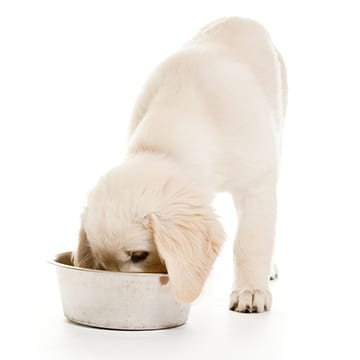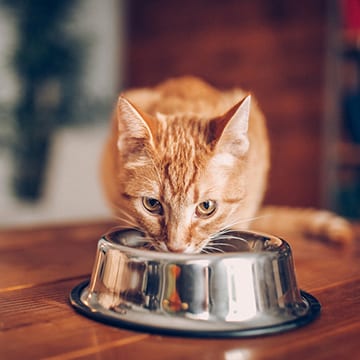Cat & Dog Food and Nutrition Advice in Alameda, CA
At Providence Veterinary Hospital & Clinic, our veterinarians and staff are dedicated to your pet’s whole health — and that includes what they’re eating! Your pet’s diet is incredibly important to their overall well-being. The right diet can give them more energy, keep them at a healthy weight, and even stave off disease!
Yet, with so many cat and dog food options out there, it can be hard to know which one to choose. Luckily, we’re here to help! At our animal hospital and clinic in Alameda, we carry many of the most popular pet diets out there, and our vets can help you choose the best one for your companion.


Choosing the Right Diet for Your Pet
Choosing the right diet is about so much more than choosing between cat food and dog food. There are diets designed specifically for young pets, old pets, and everything in between. To help you determine which is the right one for your pet, our veterinarians will look at the following:
- Age – Puppies and kittens have vastly different nutritional needs than older pets, so age is an important factor!
- Lifestyle and activity level – A lapdog or house cat will require different needs than an adventure-loving outdoor cat or a driven working dog.
- Current weight – If your pet is overweight or underweight, they’ll need a specific diet to get them to a healthy weight.
- Health – If your pet has a chronic illness such as diabetes, kidney disease, dental disease, or heart disease, specific diets can actually help your pet better manage their condition.
- Breed – A large breed dog and a small breed dog have surprisingly different needs. As a puppy, large breeds often need specially designed diets that have fewer calories and less calcium in order to promote slower growth (which helps reduce the risk of orthopedic issues). Meanwhile, small breeds have a tendency to develop dental disease, so a diet designed for tartar control is important.
